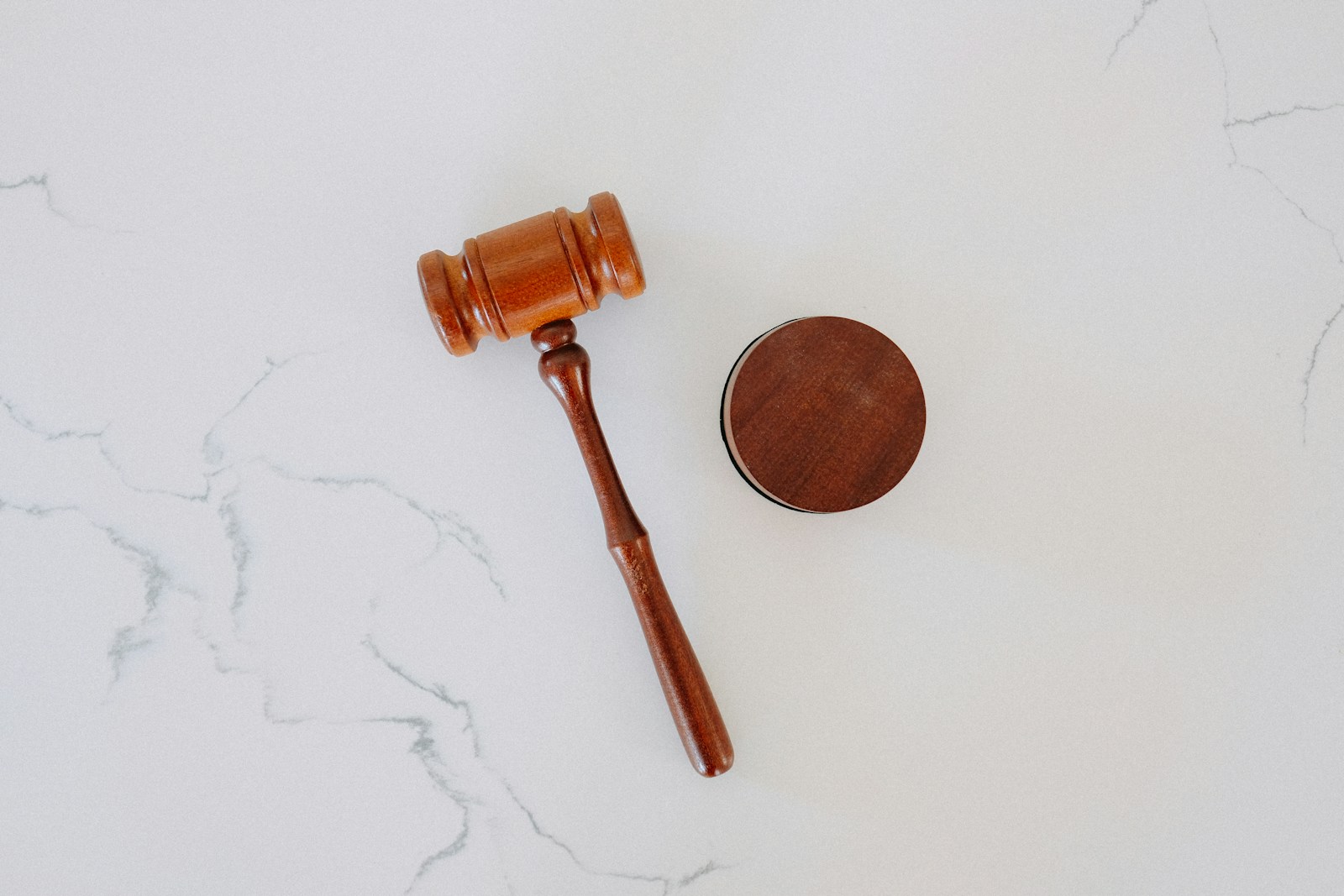It can be difficult to keep track of your elderly loved one’s medical information. With so many doctor’s appointments, medications, and tests, it’s easy to feel overwhelmed. However, it’s important to keep track of this information in case of an emergency.

Write down their medical conditions and medication :
This should include the name of the medication, the dosage, how often it is taken, and why it is being taken. Note down any chronic illnesses, such as diabetes or heart disease. Include information on how these conditions are managed.
Create a calendar of doctor’s appointments :
Write down the date, time, and purpose of each appointment. Keep track of upcoming tests or procedures.
Keep a record of emergency contacts :
This should include the names and phone numbers of their doctor, nurse, or other care provider. It’s also a good idea to have the contact information for local hospitals or clinics.
Update the Records:
As your elderly medical information changes, be sure to update their records. This will ensure that you have the most accurate information in case of an emergency.
Track Symptoms:
Keep a log of any changes in your elderly’s health, such as new symptoms or a worsening of existing symptoms. This will help you and their doctor to better understand their health.
Use Health Record Apps :
There are a number of health record apps and software like Care Plan Software that can help you keep track of your elderly’s medical information. These apps allow you to store important information, such as medications, allergies, and doctor’s contact information, in one place. They can also use them to track symptoms and appointments.
Be sure to read the reviews before downloading an app to make sure that it will meet your needs.

Talk to Their Doctor :
Talk to their doctor if you’re unsure how to organize their medical information best. They can advise you on what information to track and how to best keep it organized. They may also be able to recommend a health record app that would work well for your elderly.
Make Digital Copies :
In addition to keeping physical copies of their medical details, it’s also a good idea to make digital copies. This will ensure that you have access to their records even if something happens to the physical copies. You can store digital documents on your computer, in the cloud, or on a USB drive.
Here are some tips on how to organize your elderly loved one’s medical information.
- Keep a binder or folder with all of their important medical documents. This should include their insurance card, list of medications, and contact information for their doctors.
- Put together all of their current medications, dosages, and when they need to be taken. This will be helpful for both you and their doctors..
- Keep a calendar of their upcoming doctor’s appointments. This will help you to keep an eye when they need to see their doctor and for what reason..
- If your loved one has any chronic medical conditions, make sure to keep an eye on their symptoms and treatments. This information can be helpful in case of an emergency..
- It’s also a good idea to maintain the records of emergency contacts , such as their doctor or a close relative, in case of an emergency..
By keeping track of your loved one’s medical information, you can be better prepared for anything that comes up. This will give you peace of mind and help to ensure that your loved one gets the best possible care.


